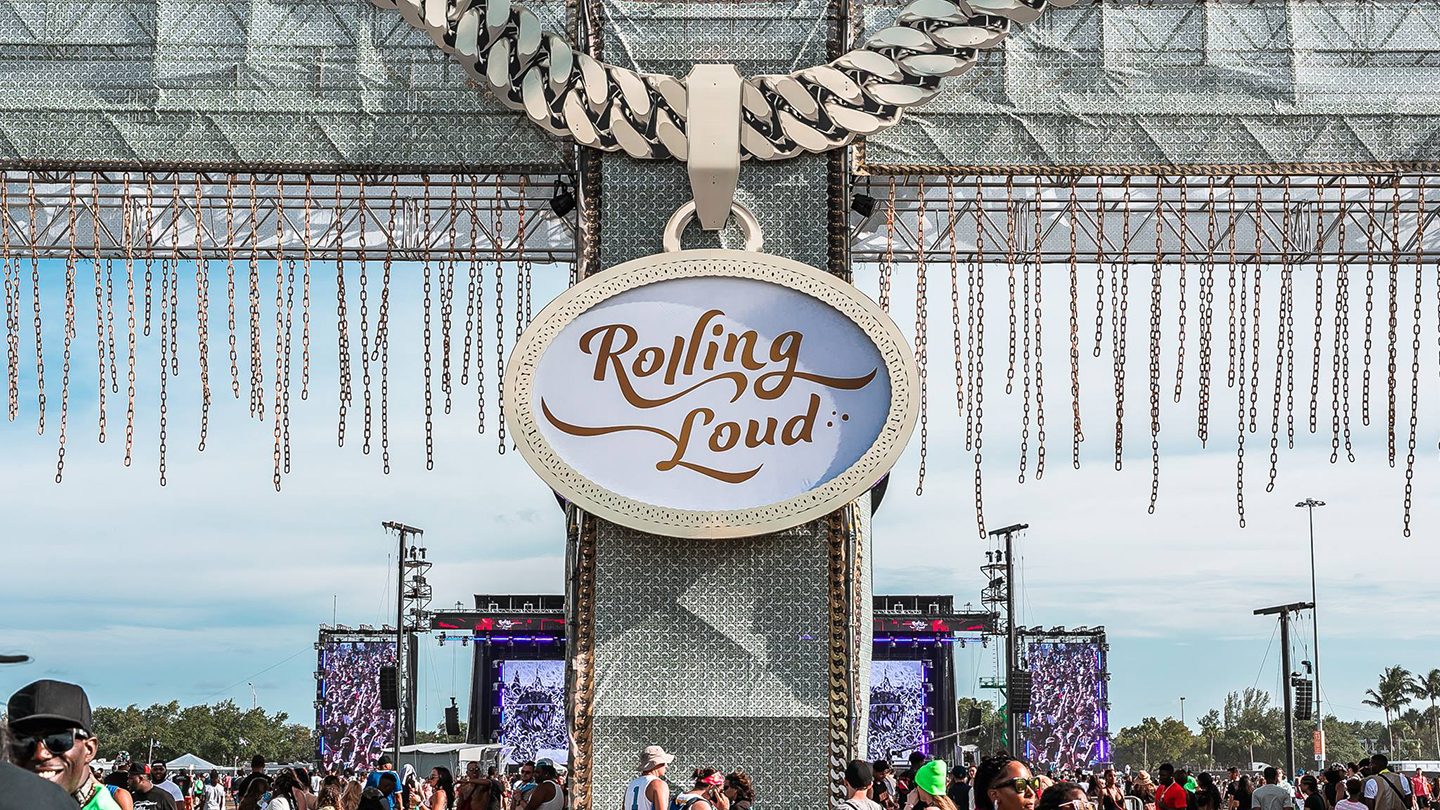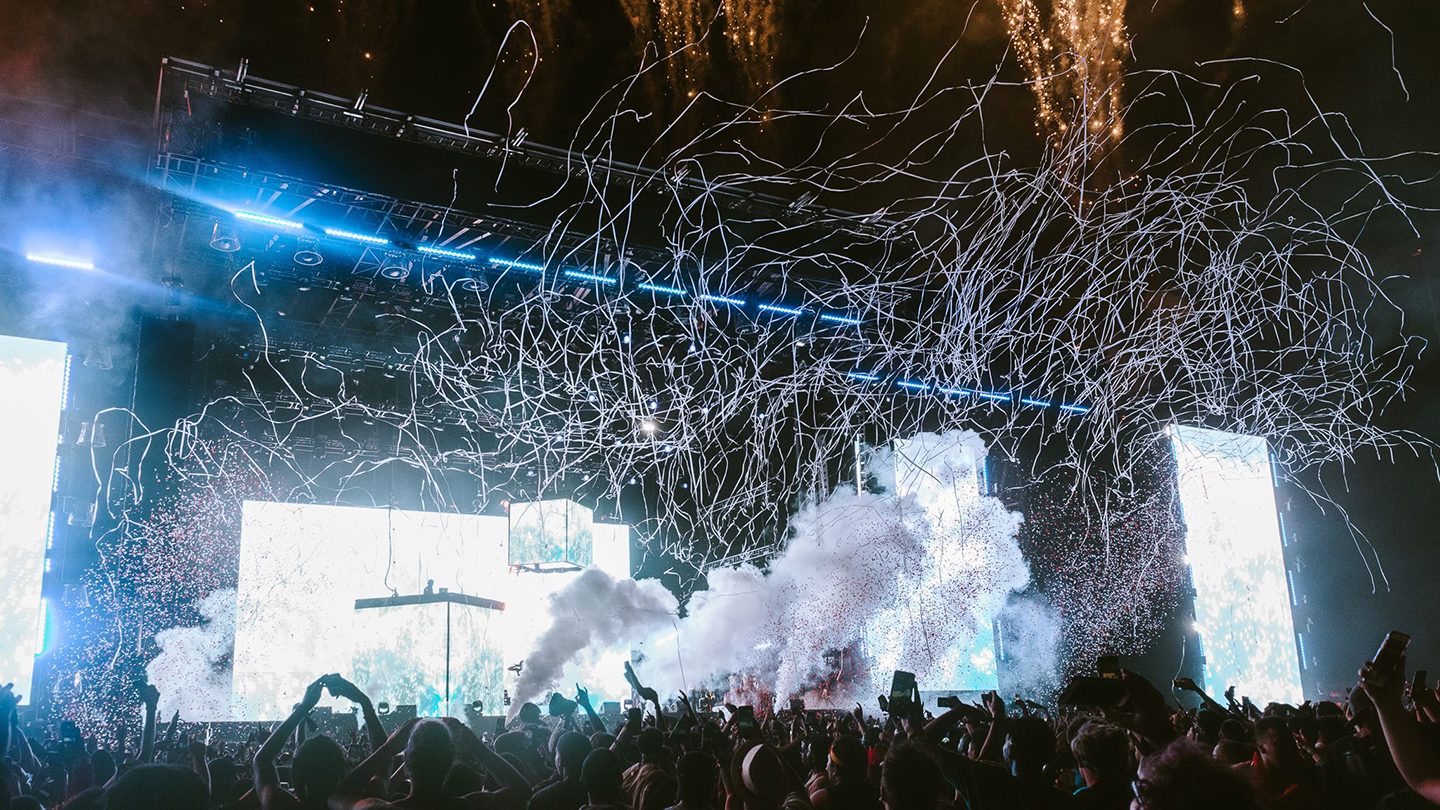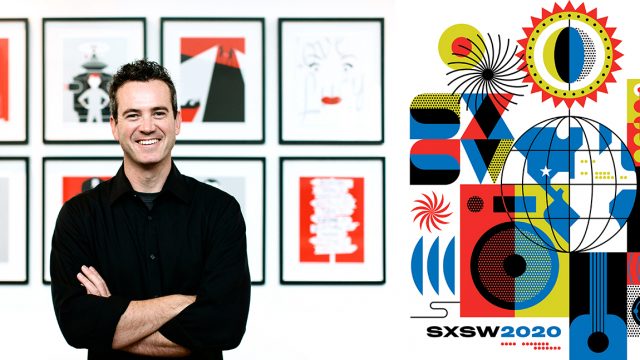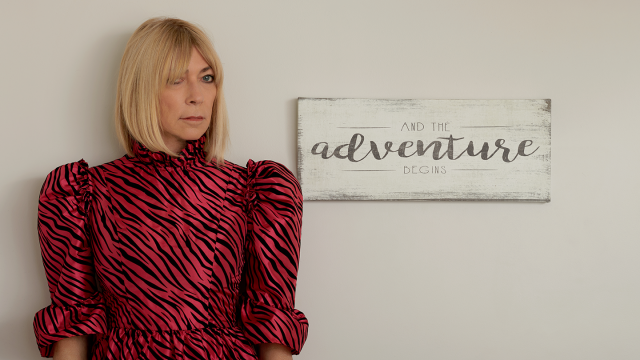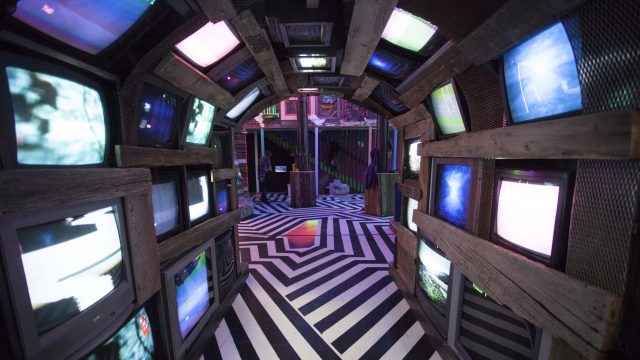When most people think of marquee music festivals, the first events that come to mind are Coachella and Bonnaroo, but there's another name that's entering the conversation: Rolling Loud.
Now in its fifth year, Rolling Loud is to hip-hop what the Electric Daisy Carnival is to EDM, a multi-day festival that has become one of the defining industry events of the genre. This year over the course of three days in Miami, headliners like Migos, Travis Scott and Kid Cudi as well as a stacked lineup of up-and-coming talent will perform for 70,000 rap fans per day.
“When we first had Travis Scott, he didn’t even have an album out. But we’ve also always had the underground guys ...”
Like most hip-hop success stories, Rolling Loud's popularity is the result of a lot of hustle. Its 29 year-old co-founder, Tariq Cherif, solidified his love of hip-hop back in fourth grade, thanks to Dr. Dre's Chronic 2001 (he had the unedited version, don't tell his mom). Then while at Florida State University, he noticed a void in local hip-hop market and began throwing concerts. Five years later he booked his first festival, which like most year one events, was a disaster.
